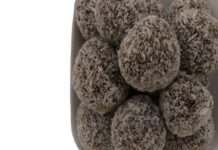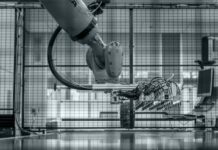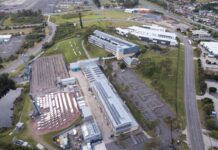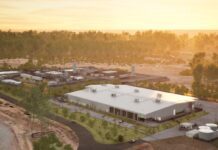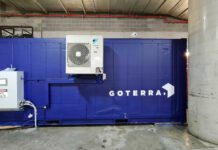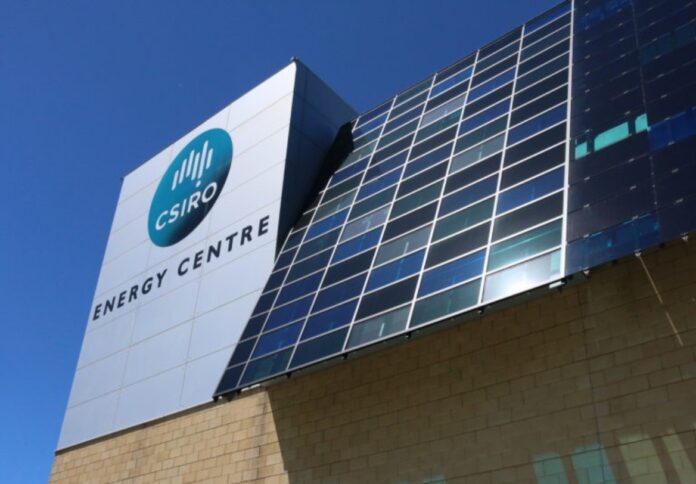
Australian graphene production company Sparc Technologies announced that Sparc Hydrogen has signed a Kick-Start agreement with the CSIRO to test its photocatalytic water splitting (PWS) reactor on the sun at the CSIRO Energy Centre in Newcastle, New South Wales.
Sparc Hydrogen is a joint venture between Sparc Technologies, Fortescue Future Industries, and the University of Adelaide.
Testing of the prototype is planned for the third quarter of 2023, which corresponds to Sparc’s ASX announcement on 3 March 2023, the ASX-listed company revealed in a press release.
The project’s main objectives are to establish the technical readiness level (TRL) for Sparc Hydrogen’s PWS reactor and to provide essential data and information for the next piloting phase.
Sparc Technologies Executive Chairman Stephen Hunt said, “Sparc is delighted to be working with our Sparc Hydrogen partners, The University of Adelaide, FFI and Flinders University, to undertake this testing with the CSIRO, in what we believe to be a world-leading demonstration of photocatalytic water splitting in a concentrated solar field.”
He stated that the conclusion of this test work will mark a crucial turning point for photocatalytic water splitting as a whole, a next-generation green hydrogen production technique that does not require expensive electrolysers or solar or wind farms.
According to Sparc, Sparc Hydrogen’s PWS reactor prototype testing in real-world settings concludes more than 5 years of research and development effort by the University of Adelaide and Flinders University.
The company added that a successful laboratory proof of concept has been achieved, with numerous lab-scale reactor prototypes developed and tested under simulated sun concentration.
This research has proven that exposing specific photocatalyst materials to intense light and heat improves hydrogen production and efficiency.
A high-power solar simulator was also recently obtained from the United States to help improve laboratory research alongside prototype and pilot plant construction.
The CSIRO Energy Centre in Newcastle was chosen as the ideal location to carry out the PWS reactor’s initial on-sun testing as the building houses the largest solar thermal research hub in Australia.
The facility, which can produce temperatures of up to 1,500 degrees Celsius, is made up of a 30-meter-high solar tower encircled by a field of 451 locally made custom-designed mirrors (heliostats) covering an area of 4,000 square metres.
The hub also offers a platform that enables Australian academics to create, evaluate, and market innovations that use concentrated solar energy.
Through the CSIRO Kick-Start Program, Sparc Hydrogen has received financing of $28,688 to help cover the cost of the prototype testing.
The goal of the Kick-Start project is to assist creative Australian start-ups and small enterprises in gaining access to the scientific skills and resources of the CSIRO to promote growth and development.


